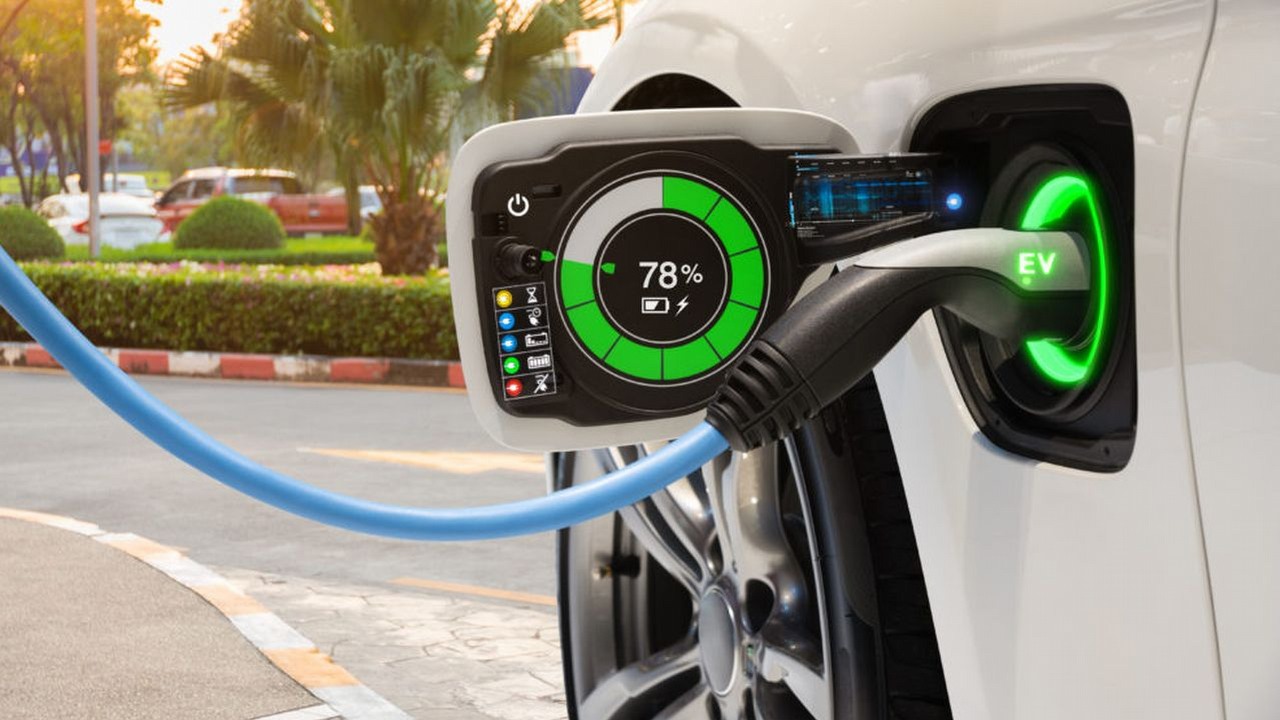Charging Car Batteries Will Take Only 5 Minutes
Israeli company StoreDot has developed a new type of battery using cells with silicon nanoparticles. With this technology, a high-capacity battery - for example in an electric car - can be charged in about five minutes.

IN A NUTSHELL:
- StoreDot has developed an electric car battery that can be fully charged in just five minutes;
- The technology uses cells with silicon nanoparticles instead of graphite;
- The achievement will make it possible to overcome one of the most serious barriers to the development of electromobility.
Israeli company StoreDot has overcome one of the major barriers to electromobility - the problem of long charging cycle for a vehicle. The company boasted that it has developed a test batch of batteries for cars, which can be fully charged in just five minutes. This has opened up the possibility of removing one of the main barriers slowing down the expansion of electric cars - the need to make long stops during journeys (via The Guardian).
The first engineering batch of XFC fast-charging lithium-ion batteries was created at StoreDot's factory in China. Creators of the technology replaced the graphite in the cell's anode with solid-state nanoparticles (ultimately to be made of silicon, though current models use a more expensive material called germanium). Due to lower specific resistance, less heat is released during charge/discharge cycle alternations. This enables the charger to use a much higher current and significantly shorten the entire process.
In 2019, the company showed a scooter powered by a prototype battery pack. In the video, we can see how a 0.75 kWh battery is removed from the vehicle and charged in a special charger in about five minutes.
It is easy to see that both the battery and the charger have a special design to facilitate cooling. Despite the sizable current (130 A), the temperature of the battery rose only a few degrees. However, charging a much larger car in this way can prove problematic - it requires the use of chargers with much higher power than those used today and the provision of adequate safety measures.
Under current conditions (no changes in the infrastructure of docking stations) StoreDot sets a slightly less ambitious goal - by 2025 it should be possible to charge a car in five minutes to a level enabling us to drive a hundred miles (about 160 kilometers). Importantly, the new batteries can be produced using existing lines in lithium-ion cell factories.
0
Latest News
- This is expected to be the biggest year in the company's history. Blizzard prepares an offensive that will overshadow previous years
- Bethesda envied CD Projekt RED? Starfield may undergo a Cyberpunk 2077-style metamorphosis
- Season 2 has just started, and Todd Howard is already writing the script for the third one. Fallout 5 will be changed by the TV show
- 5 games to grab on Amazon Prime Gaming. Among them, a collection of RPG classics
- My experience attending the 2025 Game Awards, and why I loved it

